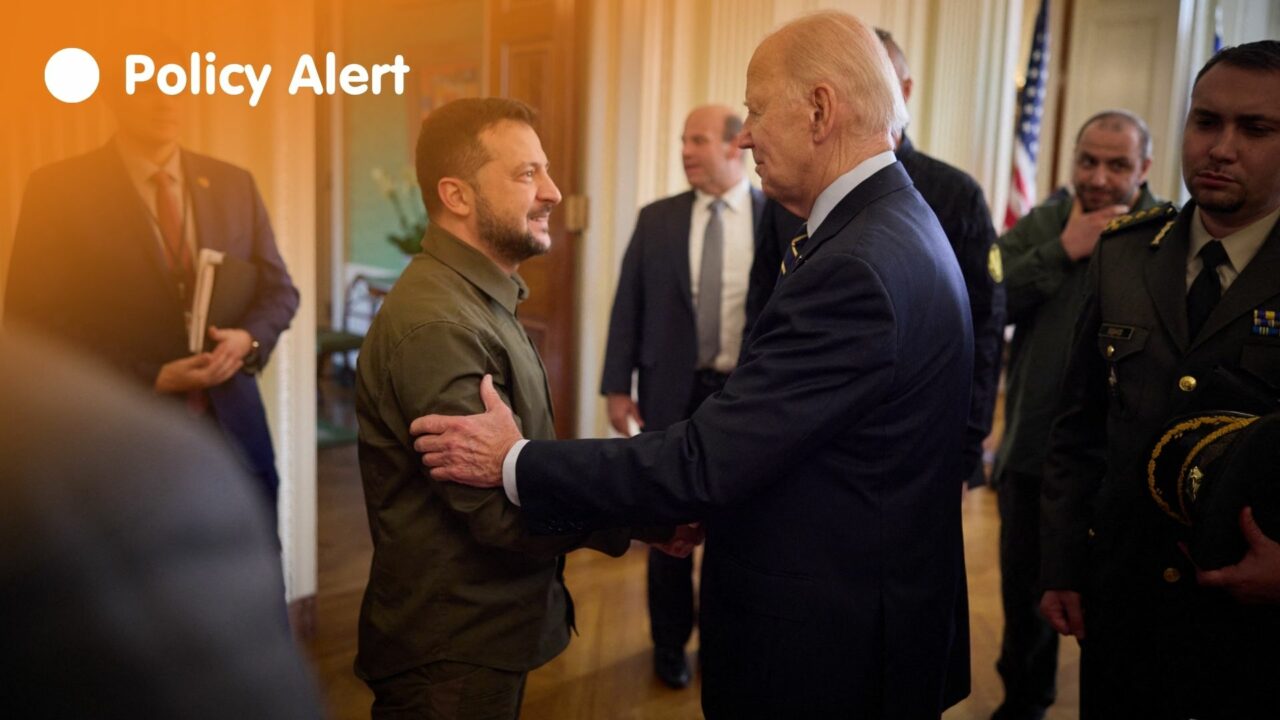Why Americans will eventually sour on the war on Ukraine (but not soon)
The war in Ukraine is going badly. The Ukrainian summer offensive has not lived up to its promise and the war seems to have settled into a long battle of attrition. Robert Fico’s pro-Russia party won in Slovakia’s parliamentary election on a promise to send “not a single round” to Ukraine. The Republicans in the United States Congress stymied the Biden administration’s effort to secure more military assistance for Ukraine. Western weapons production is struggling to keep up with a fully mobilised Russian war economy.
This run of bad news has led to speculation that support in the US for Ukraine will soften. It will, but the process will take much longer than the headlines fear.
The response
Pro-war politicians and pundits usually respond to this dilemma by channelling Winston Churchill. They seek through inspiring rhetoric to inform the American public of the dire consequences of defeat and to label any effort at compromise as immoral appeasement.
But the US loses wars all the time and life goes on roughly as before in America. It has become very hard to inspire the American public to fight distant forever wars with predictions of grim consequences that have so frequently proven hollow.
Rather than fruitlessly trying to rally the US to fight a European forever war, Europeans should formulate their own plan to continue the long war after Washington leaves the field. In an upcoming policy brief, some of my ECFR colleagues describe in great detail how to do that. It involves some hard choices. But, of course, Churchill had to make those too.
A little perspective
The handwringing about the political sustainability of the war is standard stuff. The US has eventually soured on and thus effectively lost most of its recent wars (Vietnam, Iraq, Afghanistan – arguably Libya). In all these cases, American elite and public opinion began the war with great enthusiasm, but as the conflict failed to produce a definitive outcome, they eventually turned against it or just lost interest. Americans like starting wars but are not so focused on finishing them.
The process of losing a war, however, takes longer than the current handwringing implies. The US Congress does not end wars by failing to fund them. The current chaos in Congress is impressive, but it is nonetheless a safe bet that the solid majority for continuing to support Ukraine in the war will find a way to give President Joe Biden the Ukraine policy he wants. US presidents almost never end wars that they begin – that is for their successors.
So, as long as Biden is president, the US commitment to the war in Ukraine will very likely not waiver, even as Ukrainian battlefield fortunes wax or wane. But the war appears to have no end in sight. Biden may not be president in 2025 and certainly won’t be in 2029. His successor, be that Donald Trump, a different Republican, or even another Democrat, will have many more options for wavering. History suggests they eventually will.
The European Council on Foreign Relations does not take collective positions. ECFR publications only represent the views of their individual authors.



